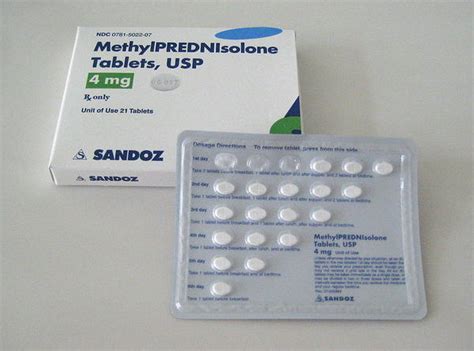Clopidogrel Tab 75Mg

Clopidogrel, commonly known by its brand name Plavix, is a medication that belongs to the class of antiplatelet agents. It is primarily used to prevent blood clots that cause heart attacks and strokes. The 75mg tablet is a standard dose, often prescribed for patients who have had a heart attack, stroke, or have peripheral artery disease.
How Clopidogrel Works
Clopidogrel works by inhibiting the activation of platelets, which are small blood cells that play a crucial role in blood clotting. When a platelet is activated, it releases chemical signals that attract other platelets, leading to the formation of a blood clot. Clopidogrel specifically and irreversibly inhibits the P2Y12 subtype of the ADP receptor on platelet cell membranes. By doing so, it prevents platelets from aggregating and forming clots, thereby reducing the risk of heart attack and stroke.
Uses of Clopidogrel
- Acute Coronary Syndrome (ACS): Patients who have unstable angina or have had a heart attack can benefit from clopidogrel, especially when administered in combination with aspirin.
- Stroke: For patients who have had a stroke, clopidogrel can help prevent another stroke by reducing the formation of blood clots.
- Peripheral Artery Disease (PAD): Clopidogrel may be prescribed to reduce the risk of heart attack and stroke in patients with PAD.
Administration and Dosage
The dosage of clopidogrel can vary depending on the medical condition being treated. For most patients, a loading dose of 300mg to 600mg is administered on the first day, followed by a maintenance dose of 75mg once daily. It’s essential to take clopidogrel exactly as directed by your healthcare provider. Patients should not stop taking clopidogrel without first consulting their doctor, as this can increase the risk of a heart attack or stroke.
Side Effects
While clopidogrel is generally well-tolerated, it can cause side effects. Common side effects include:
- Bleeding: The most significant risk is bleeding, which can range from minor (such as bruising) to severe (such as internal bleeding).
- Gastrointestinal issues: Abdominal pain, diarrhea, and indigestion are common.
- Headache and dizziness: Some patients may experience headache or feel dizzy.
- Fatigue and rash: Less common but possible side effects include feeling tired and skin rash.
It’s crucial to report any side effects to your healthcare provider, especially if you experience signs of severe bleeding, such as vomiting blood, passing black or bloody stools, or severe headache.
Interactions and Precautions
Clopidogrel can interact with other medications, including warfarin, aspirin, and certain drugs used to treat fungal infections and HIV. Patients should inform their healthcare provider about all medications they are taking before starting clopidogrel. Additionally, clopidogrel is not recommended for patients with active bleeding or a history of bleeding disorders.
Conclusion
Clopidogrel 75mg tablets are an effective medication for preventing blood clots and reducing the risk of heart attack and stroke in at-risk patients. While it is generally safe, patients must be aware of the potential for bleeding and other side effects. Regular monitoring and open communication with healthcare providers are key to safely managing treatment with clopidogrel.
What is the primary use of clopidogrel 75mg tablets?
+The primary use of clopidogrel 75mg tablets is to prevent blood clots that cause heart attacks and strokes in patients who have had a heart attack, stroke, or have peripheral artery disease.
How does clopidogrel work?
+Clopidogrel works by inhibiting the activation of platelets, which are small blood cells that play a crucial role in blood clotting, thereby preventing platelets from aggregating and forming clots.
What are the common side effects of clopidogrel?
+Common side effects include bleeding, gastrointestinal issues such as abdominal pain and diarrhea, headache, dizziness, fatigue, and rash.
Can clopidogrel interact with other medications?
+Yes, clopidogrel can interact with other medications, including warfarin, aspirin, and certain drugs used to treat fungal infections and HIV. It’s essential to inform your healthcare provider about all medications you are taking.
What precautions should be taken while taking clopidogrel?
+Patients should be cautious about the risk of bleeding and report any signs of severe bleeding to their healthcare provider. They should also inform their healthcare provider about all medications they are taking and follow the dosage instructions carefully.



